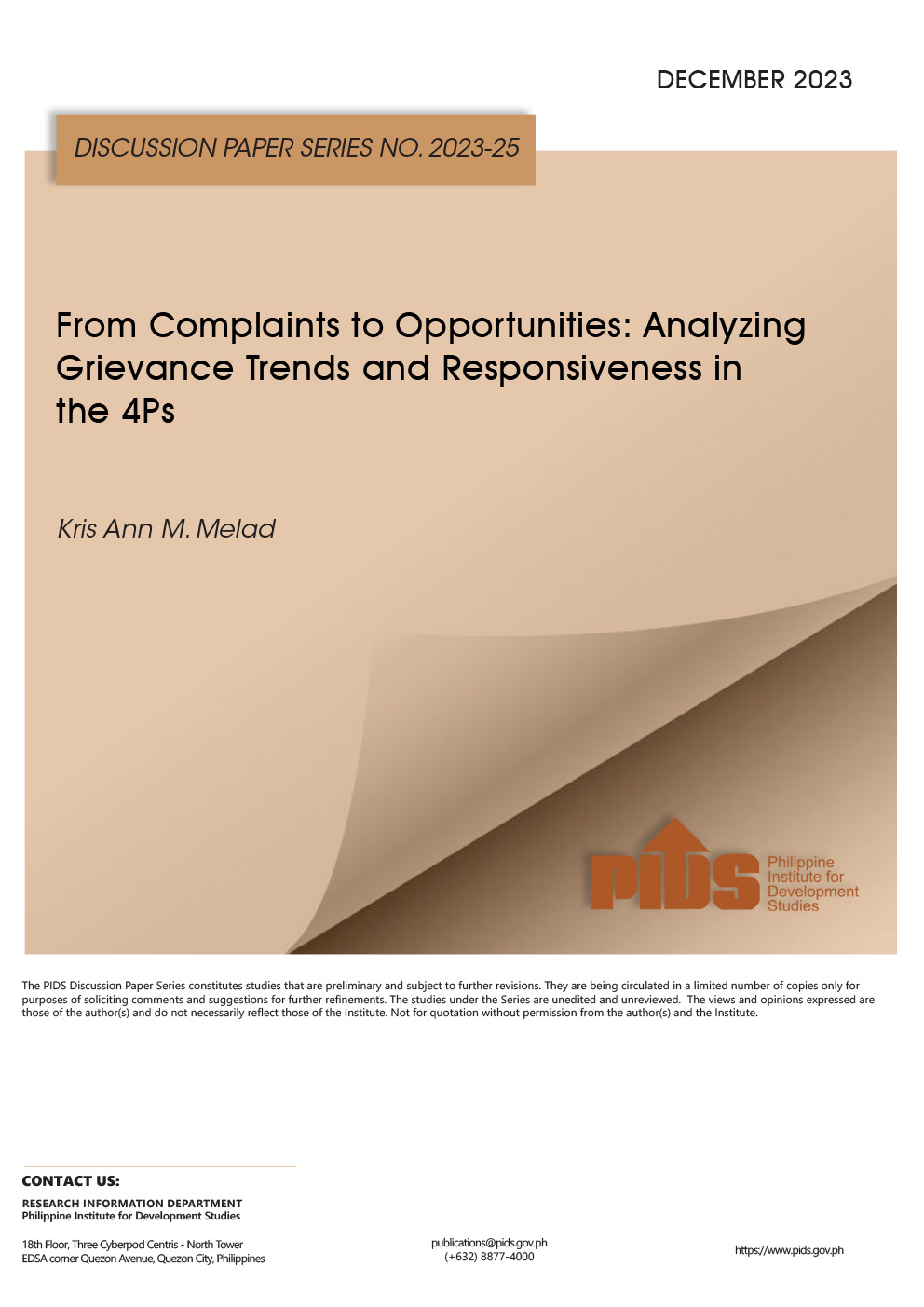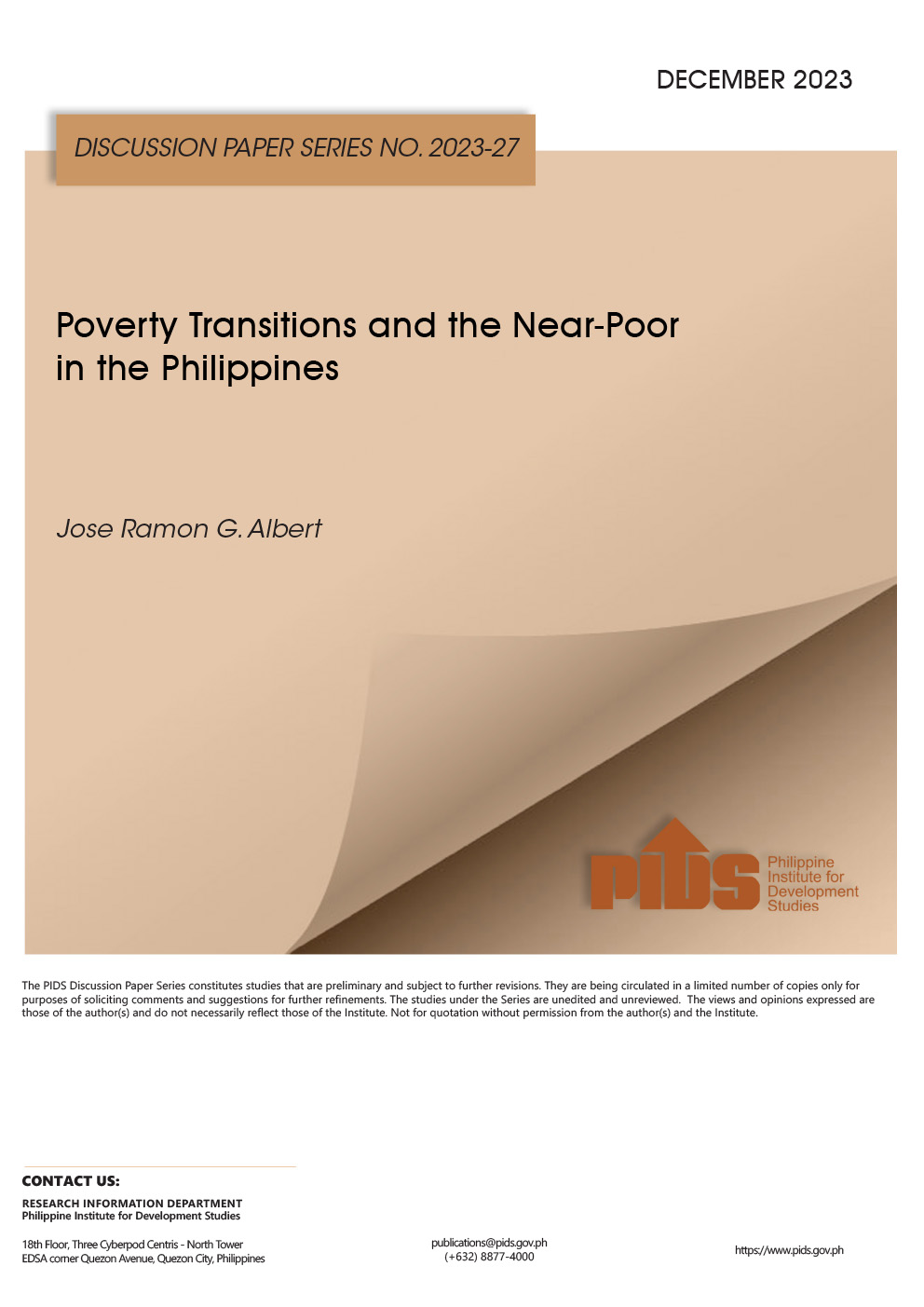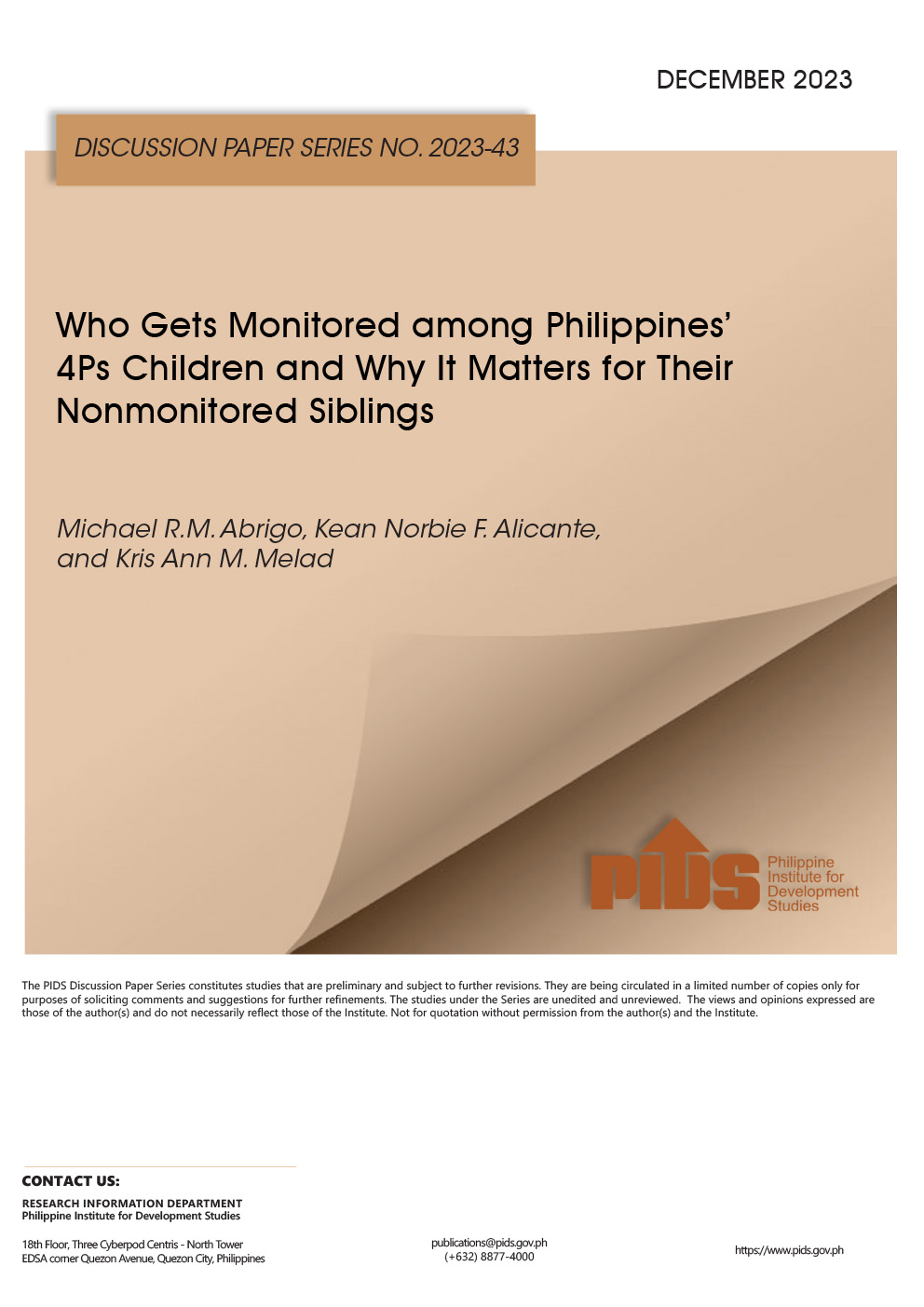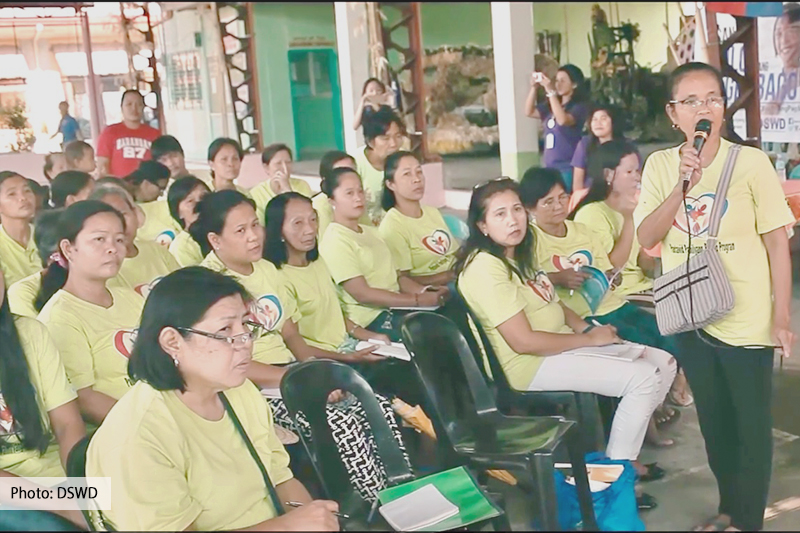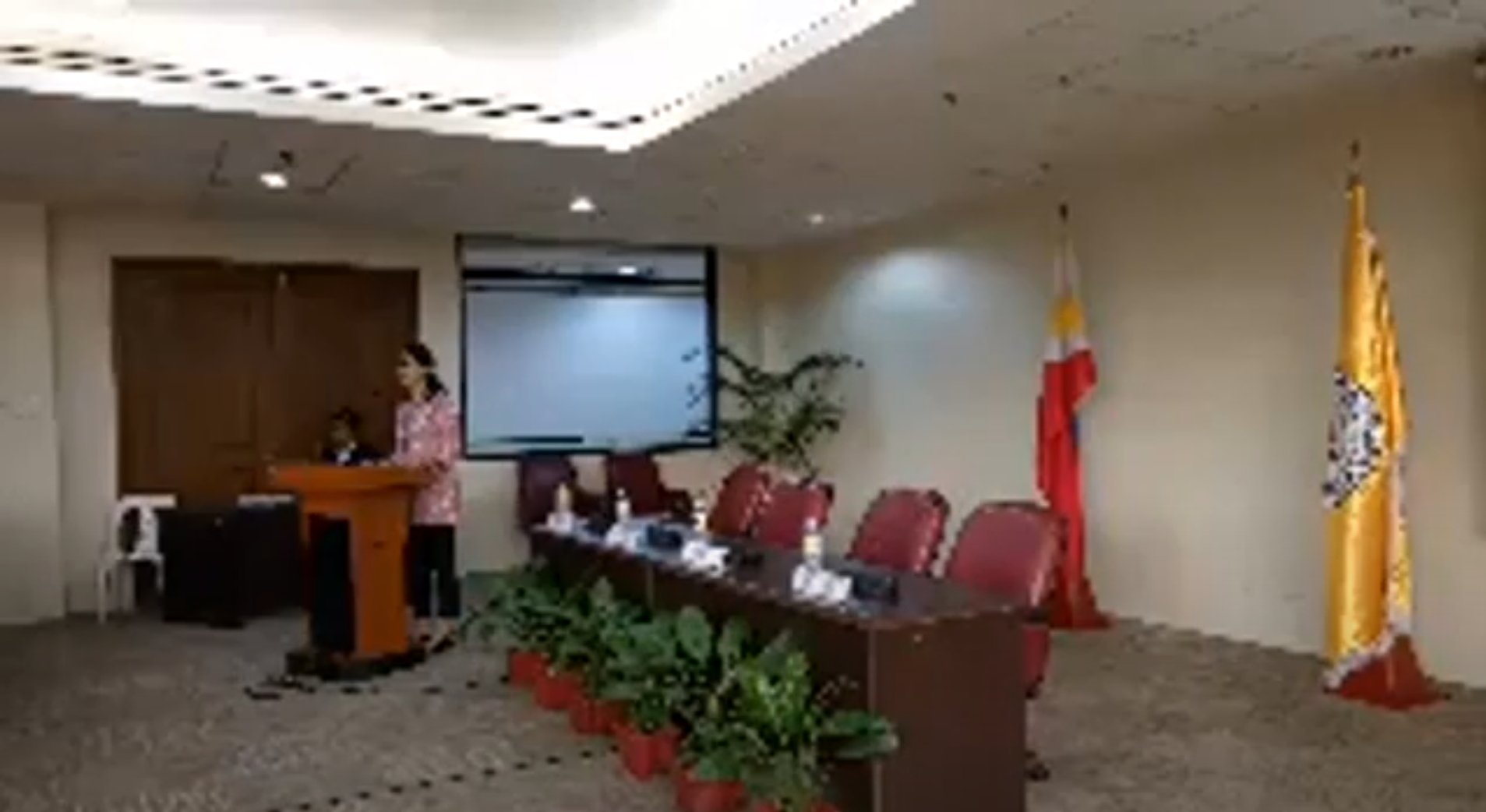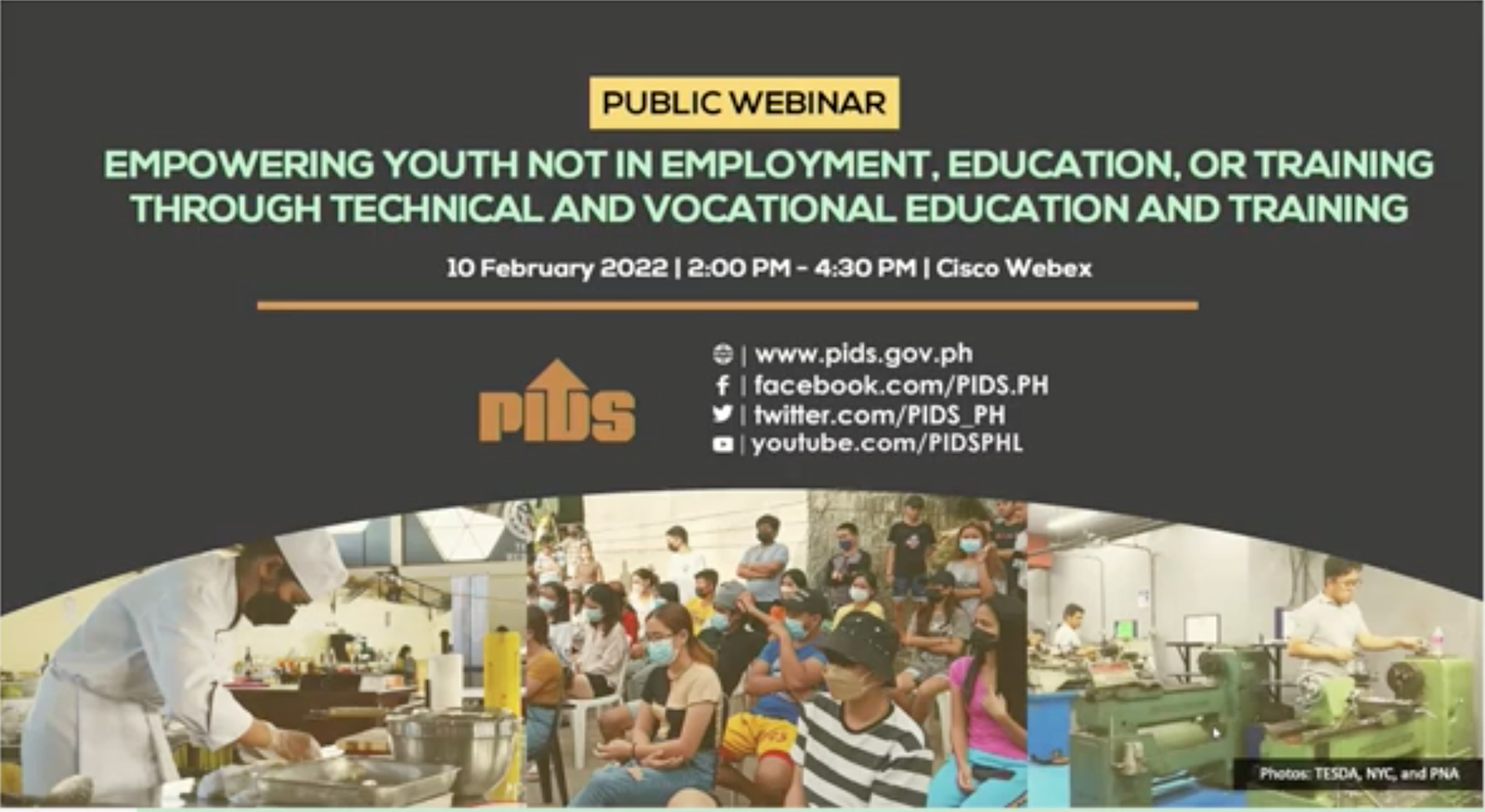One of the worst myths peddled about by social justice warriors (SJW) is that of inequality. That capitalist greed, flaws of the market economy, and selfishness of a free society creates an unfair income gap between the rich and the poor.
This belief is so pervasive that socialist policy makers who’ve successfully penetrated government have actually engineered Philippine economic policy (as well as monopolized political rhetoric) to eradicating inequality.
Now focus is good. The only thing is: there’s nothing really wrong with inequality.
Edward Conard of the American Enterprise Institute (as reported by Inside Sources) puts it this way: “What is the upside of inequality? I would say that it’s a deep pool of properly trained, highly motivated talent that is endeavoring to create innovation that grows our knowledge-based economy.
Think about it: what actually is wrong with inequality? That some have more than others? But that will always be the way of the world: some are more talented, smarter, more hardworking, and -- most importantly -- luckier.
Let’s assume the political talking point that 10% of the population possesses most of the nation’s wealth is correct, what moral rationale would justify taking their money and distributing it to others? They’re already paying huge amounts in taxes (more than others). The money they have is presumably honest (otherwise, file criminal charges).
So what would justify the government taking from one who worked (and thought and created) and distributing it to those that didn’t?
After all, these are people whose achievements are valued by others, hence why people are willing to pay for their products or services.
>Which leads to other questions: how equal is equal? And do we really want to impose an utterly flat society? The thought itself is depressing.
>And contrary to human nature.
It dictates a ceiling on those who could, by dint of talent and ambition, achieve a lot.
>Taking unreasonable amounts from honest people to effect equality kills innovation and productivity.
It is also immoral akin to thievery.
Some decry the fact that some were born rich: like the offsprings of the Ayala’s, Sy’s, or Gokongwei’s. But what’s wrong with that? That they never worked for their wealth? How different is that from being born prettier, taller, stronger, smarter? Are we to penalize them for their advantages?
Also this, what does it matter if Jaime Augusto Zobel de Ayala has way more wealth than I do? I’m fine with what I have. The fact that his wealth is many times bigger than mine means nothing to me nor does it (or should it) concern him. I have no claim over his money than he has on mine.<
But what of the argument that the wealth generated by the richest individuals never benefit others?
False, as Conard points out: “the claim is misleading because it doesn’t take into account the wage differences within industries” and “notes the highest paid CEOs tend to have higher paid workers. If you look at CEO pay relative to their own workers’ pay, it has not increased.”
Even minimal amounts of equality if gained by coercive government policies, such as substantially increased taxes to fuel welfare and wealth distribution policies (like the conditional cash transfer programs), not only arguably fail the standards of justice and common good, they also don’t make good policy.<
Take the CCT as example. Its beneficial overall effect seem all the more questionable considering the ever increasing amounts devoted to it while the combined numbers for unemployment and underemployment, as well as hunger and poverty, have substantially remained the same.
Indubitably, the problem is not inequality but poverty and the lack of social mobility. In both cases, the answer lies with free market economics and globalization.
The point is not to throw money at the poor. That way leads to entitlement and dependency. The better solution is to lower bureaucratic red tape and decrease government outreach and interference. The foregoing should facilitate the lowering of taxes. This then should encourage people to save or invest in new businesses.
The government should stop giving money away for nothing. Any form of social assistance should be tied up with commensurate work from the recipient.
Finally, the government should encourage virtue among people.
As the Brookings Institute found, if people simply did the following things in order: at least finish high school, get a full-time job, wait until 21 then get married and have kids -- in that strict sequence -- does a lot to lifting them out of poverty.
Pregnancy (specially teenaged pregnancy) out of wedlock is certainly not the best economic life choice one can make. Our NEDA PIDS research support this.
It is this mentality to create, whether it be of new products or services, this attitude of innovation and competitiveness, of personal accountability -- not the sense of dependency and of being victimized by the past and present -- that will generate jobs and wealth and lift more people out of poverty.
Jemy Gatdula is a Senior Fellow of the Philippine Council for Foreign Relations and a Philippine Judicial Academy law lecturer for constitutional philosophy and jurisprudence.
jemygatdula@yahoo.com
www.jemygatdula.blogspot.com
facebook.com/jemy.gatdula
Twitter @jemygatdula
This belief is so pervasive that socialist policy makers who’ve successfully penetrated government have actually engineered Philippine economic policy (as well as monopolized political rhetoric) to eradicating inequality.
Now focus is good. The only thing is: there’s nothing really wrong with inequality.
Edward Conard of the American Enterprise Institute (as reported by Inside Sources) puts it this way: “What is the upside of inequality? I would say that it’s a deep pool of properly trained, highly motivated talent that is endeavoring to create innovation that grows our knowledge-based economy.
Think about it: what actually is wrong with inequality? That some have more than others? But that will always be the way of the world: some are more talented, smarter, more hardworking, and -- most importantly -- luckier.
Let’s assume the political talking point that 10% of the population possesses most of the nation’s wealth is correct, what moral rationale would justify taking their money and distributing it to others? They’re already paying huge amounts in taxes (more than others). The money they have is presumably honest (otherwise, file criminal charges).
So what would justify the government taking from one who worked (and thought and created) and distributing it to those that didn’t?
After all, these are people whose achievements are valued by others, hence why people are willing to pay for their products or services.
>Which leads to other questions: how equal is equal? And do we really want to impose an utterly flat society? The thought itself is depressing.
>And contrary to human nature.
It dictates a ceiling on those who could, by dint of talent and ambition, achieve a lot.
>Taking unreasonable amounts from honest people to effect equality kills innovation and productivity.
It is also immoral akin to thievery.
Some decry the fact that some were born rich: like the offsprings of the Ayala’s, Sy’s, or Gokongwei’s. But what’s wrong with that? That they never worked for their wealth? How different is that from being born prettier, taller, stronger, smarter? Are we to penalize them for their advantages?
Also this, what does it matter if Jaime Augusto Zobel de Ayala has way more wealth than I do? I’m fine with what I have. The fact that his wealth is many times bigger than mine means nothing to me nor does it (or should it) concern him. I have no claim over his money than he has on mine.<
But what of the argument that the wealth generated by the richest individuals never benefit others?
False, as Conard points out: “the claim is misleading because it doesn’t take into account the wage differences within industries” and “notes the highest paid CEOs tend to have higher paid workers. If you look at CEO pay relative to their own workers’ pay, it has not increased.”
Even minimal amounts of equality if gained by coercive government policies, such as substantially increased taxes to fuel welfare and wealth distribution policies (like the conditional cash transfer programs), not only arguably fail the standards of justice and common good, they also don’t make good policy.<
Take the CCT as example. Its beneficial overall effect seem all the more questionable considering the ever increasing amounts devoted to it while the combined numbers for unemployment and underemployment, as well as hunger and poverty, have substantially remained the same.
Indubitably, the problem is not inequality but poverty and the lack of social mobility. In both cases, the answer lies with free market economics and globalization.
The point is not to throw money at the poor. That way leads to entitlement and dependency. The better solution is to lower bureaucratic red tape and decrease government outreach and interference. The foregoing should facilitate the lowering of taxes. This then should encourage people to save or invest in new businesses.
The government should stop giving money away for nothing. Any form of social assistance should be tied up with commensurate work from the recipient.
Finally, the government should encourage virtue among people.
As the Brookings Institute found, if people simply did the following things in order: at least finish high school, get a full-time job, wait until 21 then get married and have kids -- in that strict sequence -- does a lot to lifting them out of poverty.
Pregnancy (specially teenaged pregnancy) out of wedlock is certainly not the best economic life choice one can make. Our NEDA PIDS research support this.
It is this mentality to create, whether it be of new products or services, this attitude of innovation and competitiveness, of personal accountability -- not the sense of dependency and of being victimized by the past and present -- that will generate jobs and wealth and lift more people out of poverty.
Jemy Gatdula is a Senior Fellow of the Philippine Council for Foreign Relations and a Philippine Judicial Academy law lecturer for constitutional philosophy and jurisprudence.
jemygatdula@yahoo.com
www.jemygatdula.blogspot.com
facebook.com/jemy.gatdula
Twitter @jemygatdula

